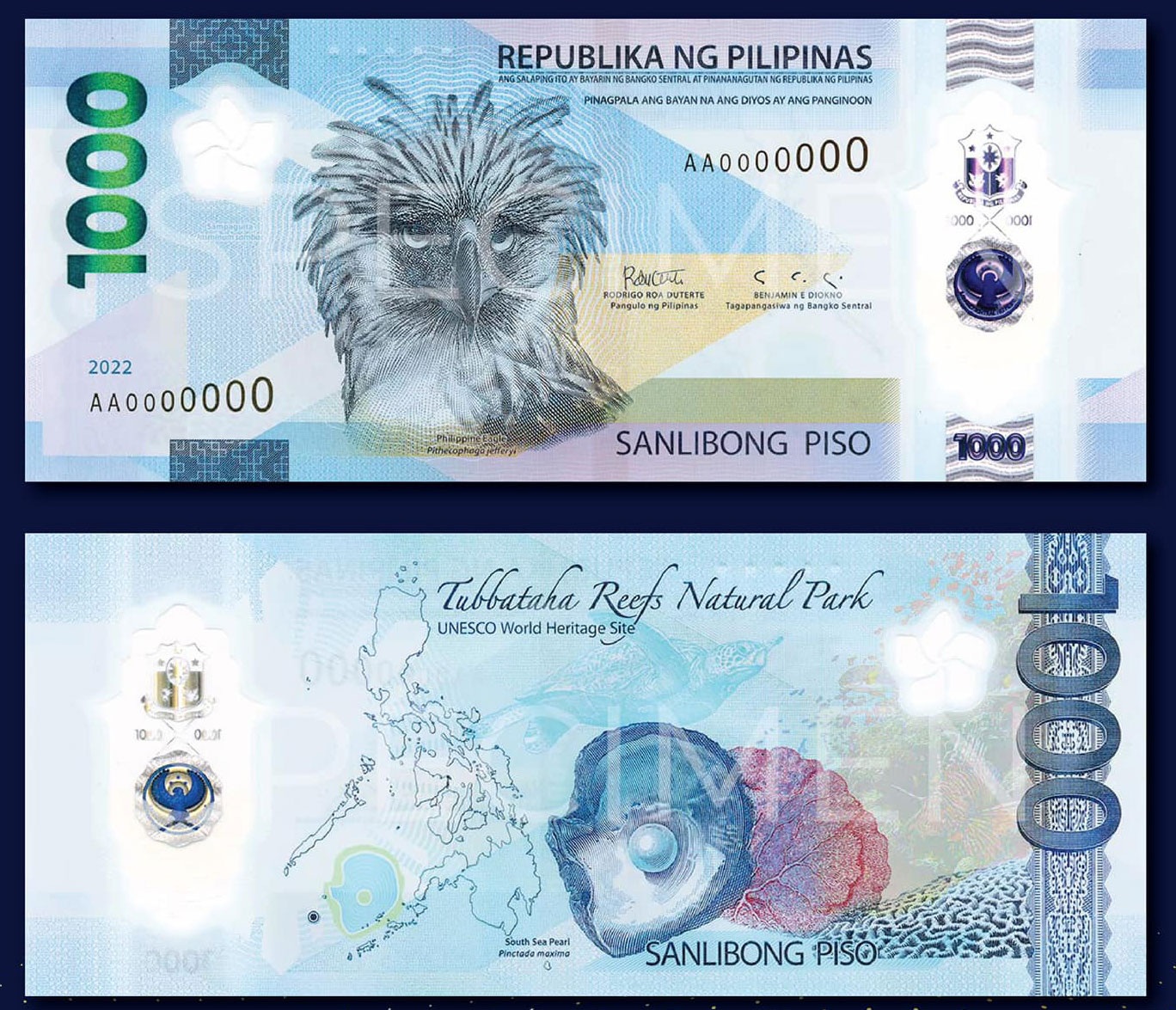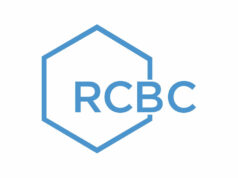BSP to issue more P1,000 polymer bills

The Bangko Sentral ng Pilipinas (BSP) is looking to order and issue an additional one billion pieces of P1,000 polymer banknotes as these are more cost-efficient versus producing paper money, an official said.
BSP Deputy Governor Mamerto E. Tangonan said the central bank is looking to issue more polymer banknotes following the release of 500 million pieces of P1,000 bills made of the material from 2022 to 2023 as part of the trial circulation.
“The first order was 500 million pieces (of P1,000 polymer banknotes). This time, we will probably order one billion pieces,” Mr. Tangonan said.
The new polymer bills will be outsourced and printed by Note Printing Australia, a subsidiary of the Reserve Bank of Australia, he said, the same supplier of the trial batch. The bills will be delivered on a staggered basis.
The BSP does not produce polymer bills. When asked how much the polymer banknotes cost, Mr. Tangonan said in mixed of English and Filipino: “If we compare it (ordering polymer bills) to producing paper banknotes, the actual cost difference is not that significant. But the initial estimate is that it will last us two-and-a-half times more than paper bills. So, we are able to more than recoup the cost of polymer bills.”
The official earlier said the BSP will be able to save as much as P2.4 billion in circulating polymer banknotes.
Mr. Tangonan added that the BSP is looking to finish its studies on recycling polymer banknotes next year.
“We want to prove that polymer banknotes are more durable,” he said. “(The bills) are okay in hygiene and okay with regards to sustainability.”
He added that greenhouse gas emissions from producing polymer bills is at under 40%.
Last year, the BSP said it will consult the academe, plastic producers, and recyclers for several studies on the recycling process for polymer banknotes as part of its long-term plan to shift to bills made of the material.
Polymer bills are deemed to last 2.5 to four times longer than the Philippines’ current abaca-based bills as these banknotes are water, oil, and dirt-resistant, the central bank earlier said.
The BSP is testing polymer bills to see if the positive experience of other central banks using the material in the banknotes is applicable in the local setting. — K.B. Ta-asan



